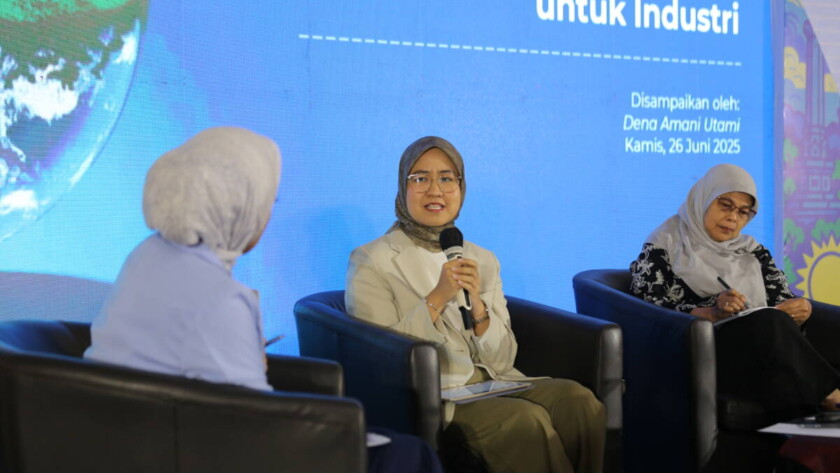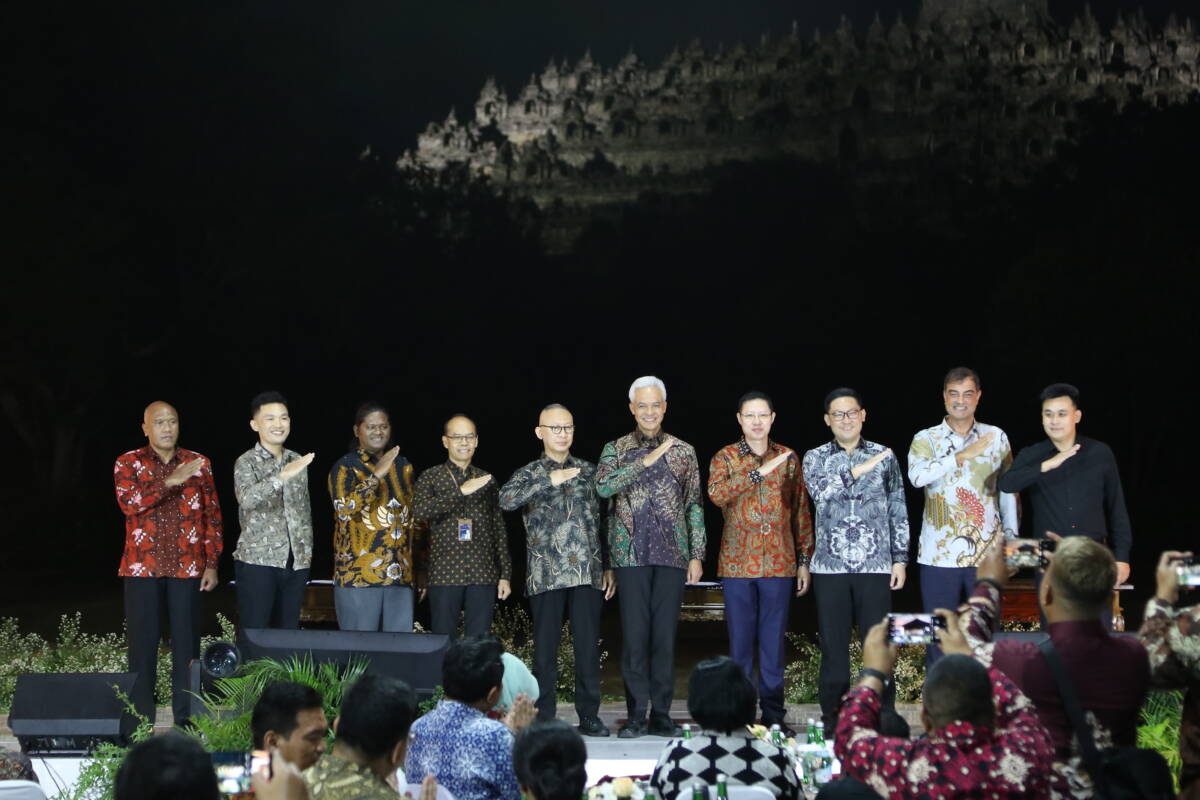The Institute for Essential Services Reform ( IESR ) said Central Java has strong capital to accelerate the transition to renewable energy and grow a low-emission economy. Economically, Central Java shows competitive competitiveness with five leading industrial areas. Read more on Media Indonesia.

Semarang, June 26, 2025 - Central Java continues to demonstrate its commitment to supporting decarbonization efforts, in line with the national target of achieving Net Zero Emission (NZE) by 2060 or sooner. One of the keys to achieving this target is the adoption of low-carbon technology in the industrial sector, considering that industry is a…
Two issuers in the new and renewable energy sector, PT Barito Renewables Energy Tbk (BREN) and PT Pertamina Geothermal Energy Tbk (PGEO), are competing to expand their business to develop capacity and accelerate growth. Their expansion has sparked euphoria among investors for their shares.
Read more on Bisnis Indonesia.

Magelang, August, 21-22 2023 - Central Java aims to attract green investment of up to IDR 65 trillion by 2023 (based on data from the Ministry of Investment /Investment Coordinating Board, BPKPM) to encourage sustainable economic growth and to achieve the target of net zero emissions (NZE). For that, green investment must prioritize environmental friendliness…

Semarang, July 4, 2023 - Recognizing that renewable energy investments play a crucial role in addressing climate change and achieving the Paris Agreement, the Institute for Essential Services Reform (IESR), in collaboration with the Government of Central Java Province, held the 'Central Java Renewable Energy Investment Forum 2023' event. This activity is a platform to…
